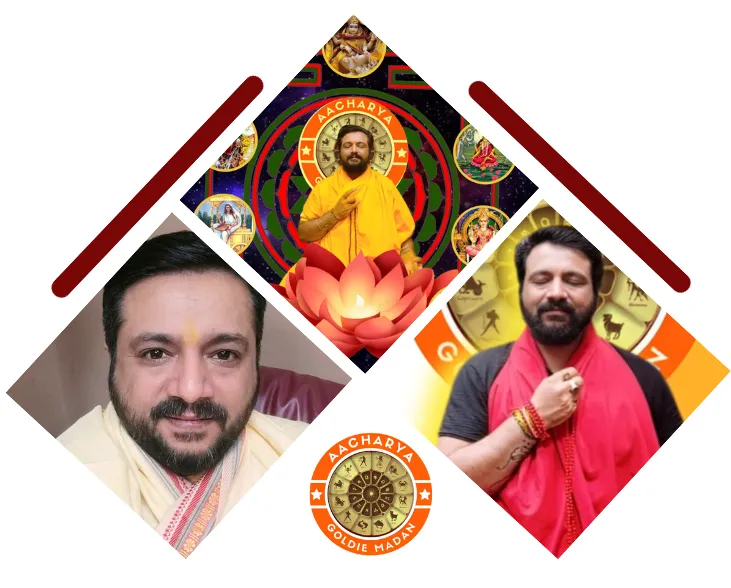
What clients say about us as a Vashikaran Specialist in Houston
Helpful FAQ
The word vashikaran is a word that creates different types of disbelief and belief in the mind of every person. Vashikaran means a trick or way or magic to gain control over anything. Like everything, subjugation has its positive and negative aspects.
In astrology, Vashikaran has been used for many years to turn a bad event into a good one. Vashikaran helps a person overcome various personal, family, and professional problems. Subjugation is achieved through different techniques or methods.
The word vashikaran is a word that creates different types of disbelief and belief in the mind of every person. Vashikaran means a trick or way or magic to gain control over anything. Like everything, subjugation has its positive and negative aspects.
Archarya Goldie Madan Ji a famous Vashikaran Specialist in Houston offers advice to understand your situation and determine whether Vashikaran suits your needs. Contact now for service.
Vashikaran Specialist in Houston Acharya Goldie Madan Ji Madan ji will know your problem better from you, and then he will analyze your problem with his vast knowledge, find out the right solution that will solve your problem. Contact now for a problem solution.
